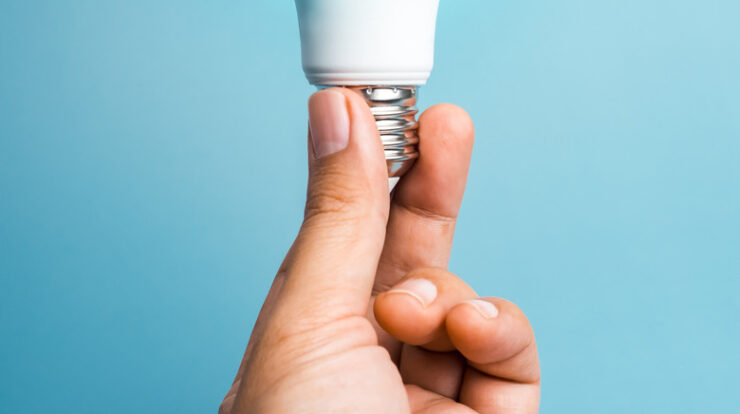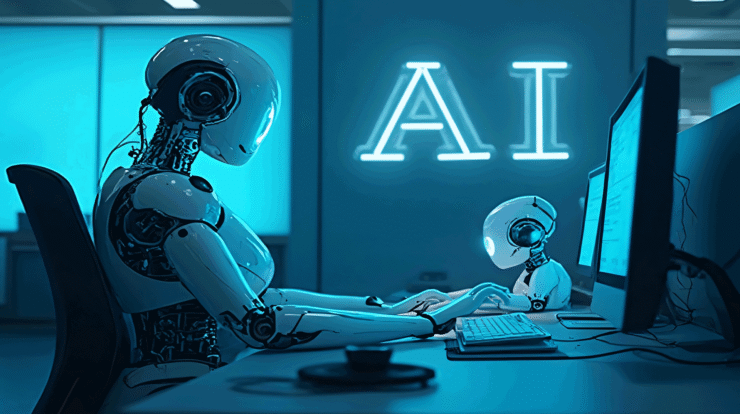
The concept of an affordable electric Toyota
bZ3X
An SUV listed at $15,000 caught my attention—equipped with a sunroof, no less—which would be ideal for the sunny weather in South Florida. This vehicle actually exists and is sold in China. I came across this information in The Wall Street Journal just last week.
Picture a highly efficient Chinese manufacturing supply chain enabling a Japanese automaker to produce a technologically advanced, eco-conscious, budget-friendly car tailored specifically for the globe’s biggest consumer market.
As I write this, amid an unresolved tariff war, I’m eyeing our 3-year-old Subaru with the expiring lease parked in our Miami-Dade driveway.
However, there’s a catch with such an affordable car: The remarkable efficiency of the Chinese supply chain doesn’t stem from free-market ingenuity. Instead, it’s the result of a closely controlled, government-led economic system.
It was only in the last ten years—75 years following the communist revolution—that China’s challenge to American innovation became undeniable.
The cost incurred by the Chinese people due to this efficiency – in terms of individual liberty and prospects – has been significant: many years of governmental suppression and disinformation campaigns.
This made me ponder: Given the deteriorating governance we’re witnessing domestically, what type of future does the U.S. face ahead?
I’d love to own an electric vehicle I can actually afford — but only if the “exchange rate” doesn’t include control over my speech, my decisions concerning my body or a public climate in which we avoid difficult conversations with friends because politics have become so toxic.
Like many of my fellow baby boomers in Miami-Dade, I’ve lived my adult life steeped in the idealism of our formative years. And yet, watching the dysfunction of recent months has left me rethinking how some well-intended policies and structures are playing out.
Why has elevating disenfranchised groups turned into a contentious issue rather than an objective we all share? Why have government agencies designed to assist citizens become so encumbered with red tape? Moreover, in a nation established by migrants, why haven’t we developed a fair and compassionate approach for handling immigration?
I understand I’m not alone in my frustration—frustrated with a system where ideological stubbornness frequently takes precedence over effective solutions.
However, without acknowledging as a whole that certain aspects of the system require fixing—and ceasing to focus solely on identifying those responsible—our democracy will be burdened by piecemeal and one-sided solutions.
Regardless of your political views, that isn’t beneficial for any of us.
We need to improve our role as custodians of America’s finest qualities. This involves safeguarding democratic principles via well-considered, non-partisan adjustments. The majority of Americans share fundamental desires: independence in making their own choices, financial security, and the opportunity to create a peaceful and hopeful future.
Let’s begin considering our direction differently — neither right nor left, not red or blue. Not as an insulated country separate from the globe, nor one aiming for dominance over it, but rather as a nation capable of maintaining global leadership alongside inner fortitude and personal freedom.
Consider this the next time you encounter a negative political advertisement — or even more importantly, when you go vote.
Elissa Vanaver served as the previous CEO of the national Breakthrough Collaborative and was also a formerMiami Herald managing editor and human resources executive.






